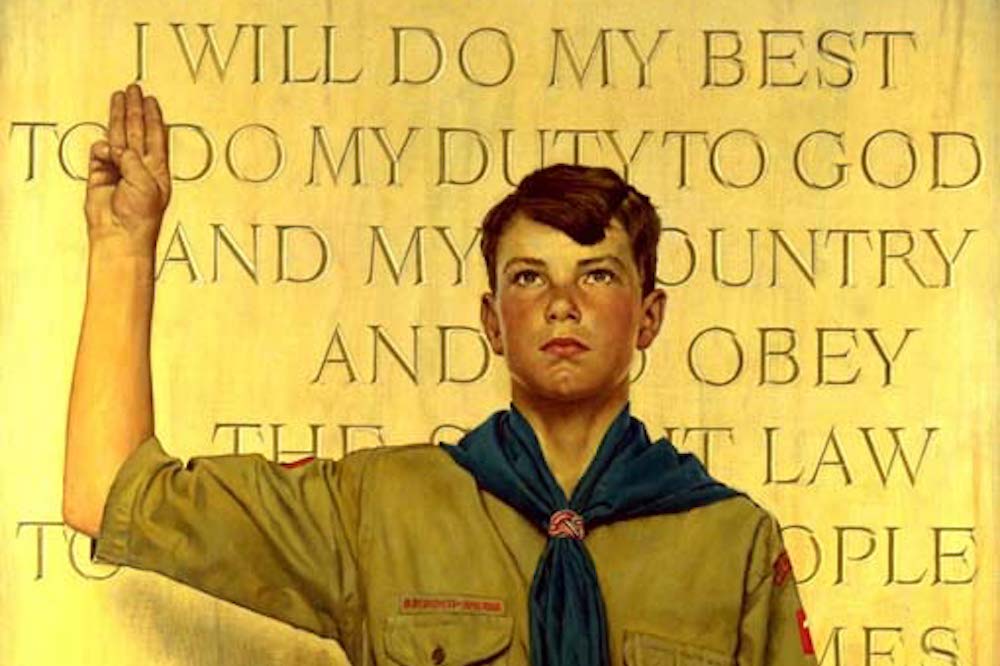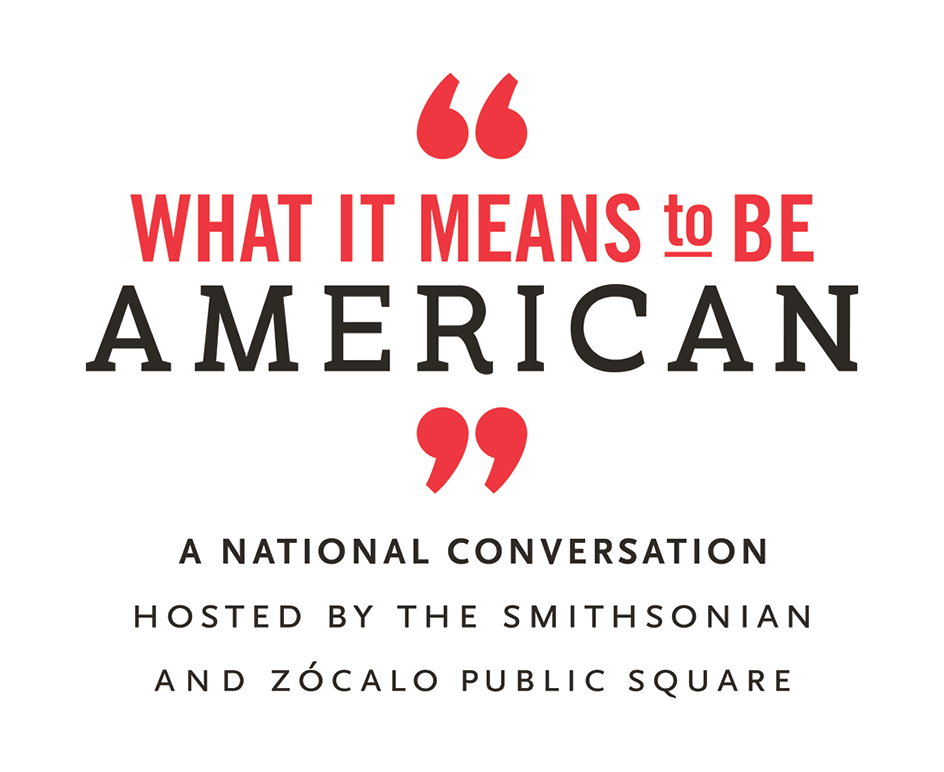
I Will Do My Best, Norman Rockwell, 1945. Courtesy of the National Scouting Museum, Boy Scouts of America. Copyright Brown & Bigelow.
Americans talk a lot about the importance of good citizenship. But what does it mean to be a good citizen? By many measures, we may be falling short. American voter turnout is low compared to other nations, and in online discussion we’re quick to attack others who disagree with our point of view. How have Americans defined and lived citizenship, past and present? Are we really less civil now than we were in previous eras? The Washington Post “Civilities” columnist Steven Petrow, Texas A&M University historian of American political rhetoric Jennifer Mercieca, Western Washington University historian of civil society and author of Creating a Nation of Joiners Johann N. Neem, and former Oklahoma Congressman Mickey Edwards discuss whether it’s possible—and if, so, how—to raise American standards of citizenship.
The Takeaway
Pledging Allegiance to Our Different—and Shared—Ideals of Citizenship
Even in Times of Bitter Partisanship, Americans Can Unite Around Common Beliefs and Goals
Citizenship in the United States is distinguished by how many different and contradictory abilities and actions it requires of citizens, said panelists at a Smithsonian/Zócalo “What It Means to Be …







